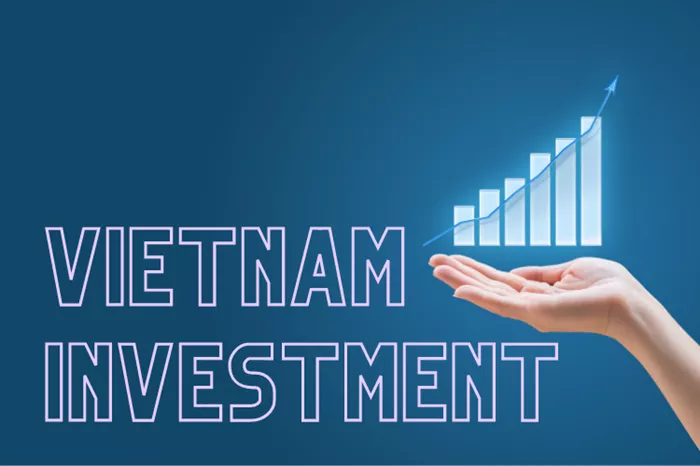Vietnam is set to remove the requirement for overseas investors to fully pre-fund equity trades, a move aimed at enhancing the country’s prospects for being reclassified as an emerging market. This regulatory update, effective from November 2, was announced by the finance ministry in a circular late Wednesday. The change addresses a significant barrier that has hindered rating agencies from upgrading Vietnam’s status from frontier to emerging market, a classification that has deterred large funds from investing in the country.
Impact on Vietnam’s Market Reclassification
The removal of the pre-funding requirement is a strategic step to bolster Vietnam’s bid for an upgrade by FTSE Russell. The country was placed on FTSE Russell’s watch list in September 2018 due to slow progress in improving access to local equities. By enhancing market access, Vietnam aims to attract more overseas investment to one of Southeast Asia’s fastest-growing economies.
Expectations for Market Performance
Ruchir Desai, a co-fund manager at AFC Asia Frontier Fund, anticipates that large-cap blue-chip companies in Vietnam will benefit from the regulatory change, which he identified as a major obstacle previously. With expectations of an upgrade in 2025, the reform is expected to lead to substantial foreign inflows, further strengthening Vietnam’s market position.
Potential Inflows and Market Reactions
Analysts from JPMorgan Chase & Co. project that FTSE is likely to upgrade Vietnam within the next 12 months, potentially resulting in over $500 million in passive inflows. Additionally, Hoang Viet Phuong, head of research at SSI Securities Corp, estimates that Vietnam could receive up to $1.7 billion in passive inflows following its inclusion in FTSE indexes. This surge in foreign investment reflects the growing confidence in Vietnam’s economic stability and potential for growth.
Foreign Investment Trends and Economic Goals
Foreign investors have recently turned net buyers of local stocks, buoyed by the appreciation of the Vietnamese dong in September. This trend underscores Vietnam’s robust economic growth and political stability. Increased foreign inflows will support the country’s ambition to raise the market value of its stock market to between 100% and 120% of its gross domestic product by 2030.
Regulatory Implementation and Future Reviews
Tyler Manh Dung Nguyen, chief market strategist at Ho Chi Minh City Securities Corp, notes that while immediate additional foreign inflows might be modest, the regulatory change represents a crucial step in Vietnam’s reform process. The next review by FTSE is scheduled for October 8, and brokerages, custodian banks, and investors will be closely monitoring the implementation of the new rule. After the rule is put into practice, FTSE will allow several months for testing before making a final decision on Vietnam’s market status, with a possible upgrade by September next year.
Conclusion
The relaxation of the pre-funding requirement for foreign investors marks a significant development in Vietnam’s financial regulatory landscape. This reform is expected to enhance Vietnam’s appeal as an investment destination and support its efforts to achieve emerging market status. As the country continues to improve market access and attract foreign investment, it is well-positioned to benefit from increased capital flows and further economic growth.
Related Topics:

